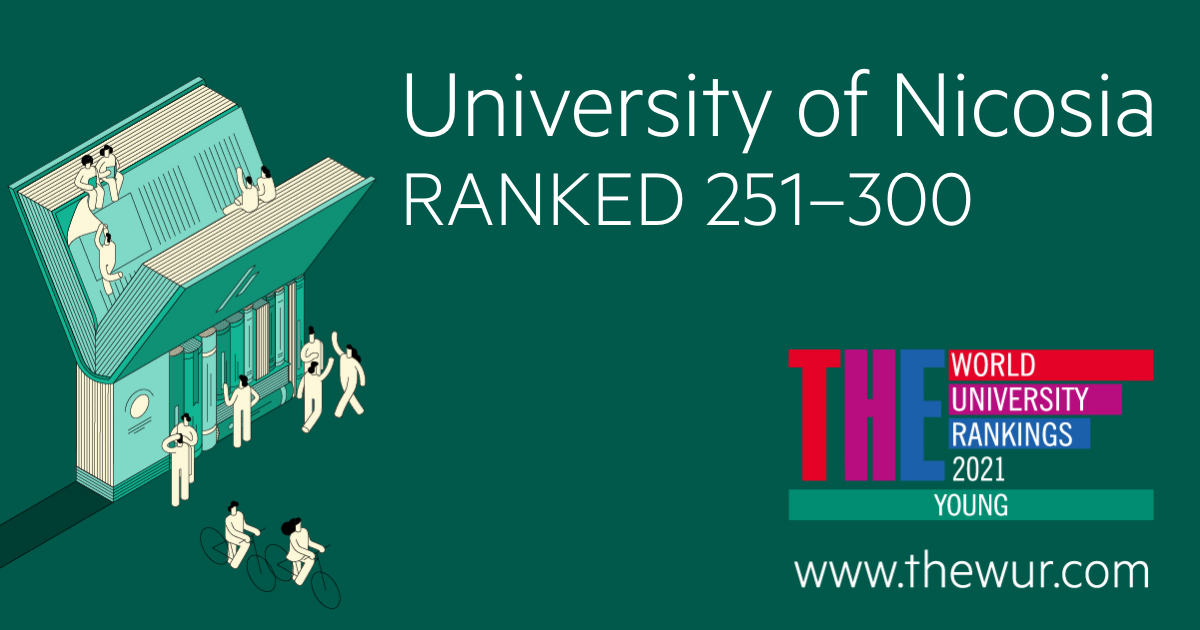The University of Nicosia (UNic) has been ranked among the top 251 to 300 young universities globally and among the top 110 in Europe, advancing the quality of higher education in the island.
With the inclusion of UNic in the latest results of the Times Higher Education (THE), three Cyprus’ universities are part of the Top 1000 universities in the world, including the University of Cyprus (UCy) and the Cyprus university of technology, both state universities.
This latest ranking was described as another milestone in the history of UNic but also the country, by its rector Professor Philippos Pouyioutas, who said that prospective students now have a compelling choice of quality university education in Cyprus.
“Cyprus has a relatively short 30-year history in university education, yet already three of the island’s universities are now recognised among the top Young Universities worldwide. This is impressive to say the least,” Pouyiotas said while thanking the entire university community.
The Young University Rankings use similar performance indicators as the flagship THE World University Rankings (WUR) to assess institutions that are 50 years old or younger, across their core missions such as teaching, research, knowledge transfer, and international outlook.
This tenth annual edition of the table features 475 universities from 68 territories across Europe, Asia, Oceania, North America, Latin America, and Africa.
UNic was also recognised by the 2021 THE Emerging Economies Rankings (Top 201-250 universities in the countries or regions classified by the London Stock Exchange’s FTSE Group as “Emerging”); the 2021 THE World University Rankings by Subject (#1 in Cyprus and Greece, Top 100 in the EU, and Top 301-400 universities in the world in Business and Economics); and the 2021 THE Impact Rankings (number 32 in the world in the core area of Quality Education).
“UNic is a prime example of a young university’s dynamic growth. Since achieving university status in 2007, UNic has been continuously expanding upon its ranking achievements, becoming the largest university in southern Europe that teaches primarily in English, now serving over 14,000 students from across the globe”, said professor Dimitris Drikakis, vice president of Global Partnerships.







Click here to change your cookie preferences